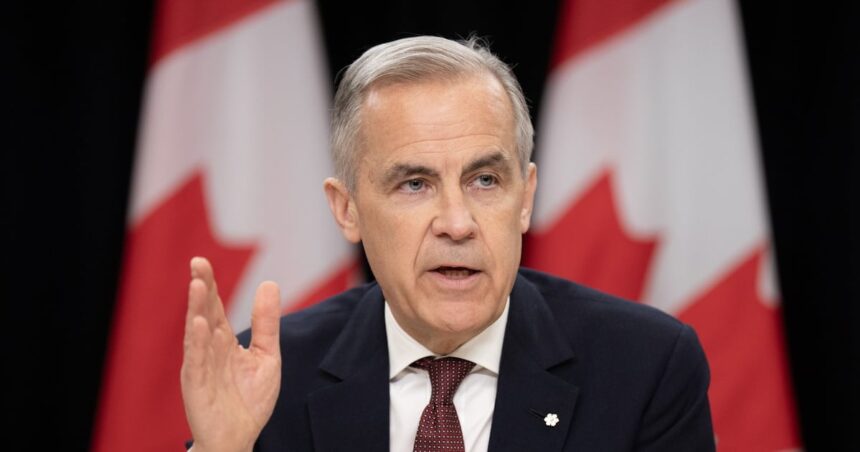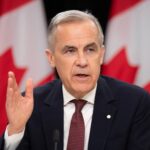In an unprecedented move, chief executives from Canada’s largest energy companies have issued a joint statement urging Finance Minister Mark Carney to recalibrate federal policies they claim are hampering growth in the domestic energy sector. The letter, signed by executives representing over 80% of Canada’s energy production capacity, warns that current regulatory frameworks could trigger widespread job losses and compromise national energy security.
“The current policy direction creates investment uncertainty that threatens Canada’s ability to compete globally,” stated Michael Davidson, CEO of TransCanada Resources. “We’re witnessing capital flight to jurisdictions with more predictable regulatory environments, particularly the United States.”
The industry leaders highlighted several areas of concern, including the federal carbon pricing mechanism, restrictions on new project approvals, and what they describe as “burdensome compliance requirements” that don’t exist for their international competitors. According to industry data released alongside the letter, capital investment in Canada’s energy sector declined by 18% in 2024, while comparable investments in American energy infrastructure rose by 12% during the same period.
Energy economists at the University of Calgary have validated some of these concerns in recent research published in the Canadian Journal of Economics. Their findings suggest that regulatory uncertainty has indeed contributed to approximately $38 billion in deferred or cancelled energy investments since 2023.
Minister Carney, who assumed the finance portfolio just eight months ago, has yet to issue a formal response to the letter. However, during a press conference in Ottawa yesterday, he acknowledged the importance of the energy sector to Canada’s economic future.
“We remain committed to a balanced approach that respects our climate obligations while ensuring Canadian energy producers can thrive in a transitioning global marketplace,” Carney stated. “My door remains open to industry leaders as we navigate these complex challenges together.”
The timing of this industry push comes as the government prepares its fall economic update, expected to address ongoing concerns about Canada’s economic competitiveness. Parliamentary sources indicate significant debate within the Liberal cabinet regarding potential adjustments to the federal carbon pricing system and regulatory approval processes for new energy infrastructure.
Opposition critics have seized on the industry letter as evidence of policy failure. Conservative energy critic Michael Thompson characterized the situation as a “crisis of the government’s own making” during yesterday’s Question Period, while NDP representatives have called for maintaining environmental protections while creating targeted supports for energy workers affected by global market shifts.
International energy analysts from Bloomberg New Energy Finance suggest Canada finds itself at a critical juncture. “Few countries face Canada’s unique challenge of being a major fossil fuel producer while simultaneously positioning itself as a climate leader,” noted senior analyst Jennifer Wu. “The policy balance struck in the coming months will have implications far beyond Canadian politics – it could influence how other resource-dependent economies approach their own energy transitions.”
As global markets continue evolving and climate considerations reshape investment priorities, how can Canada craft an energy policy that balances economic prosperity with environmental responsibility without sacrificing either?










